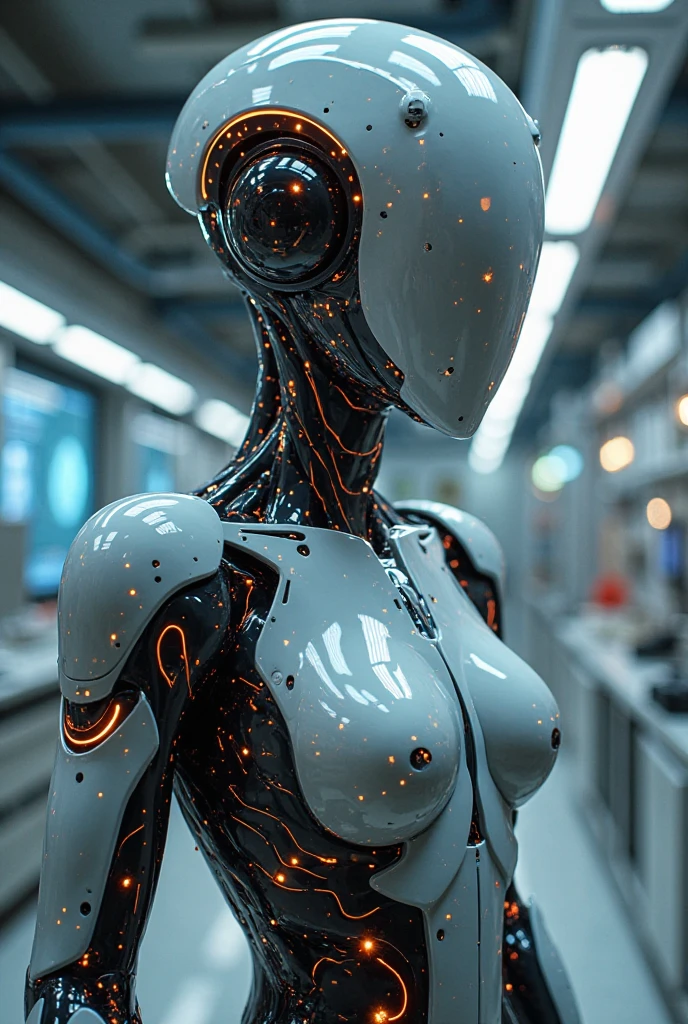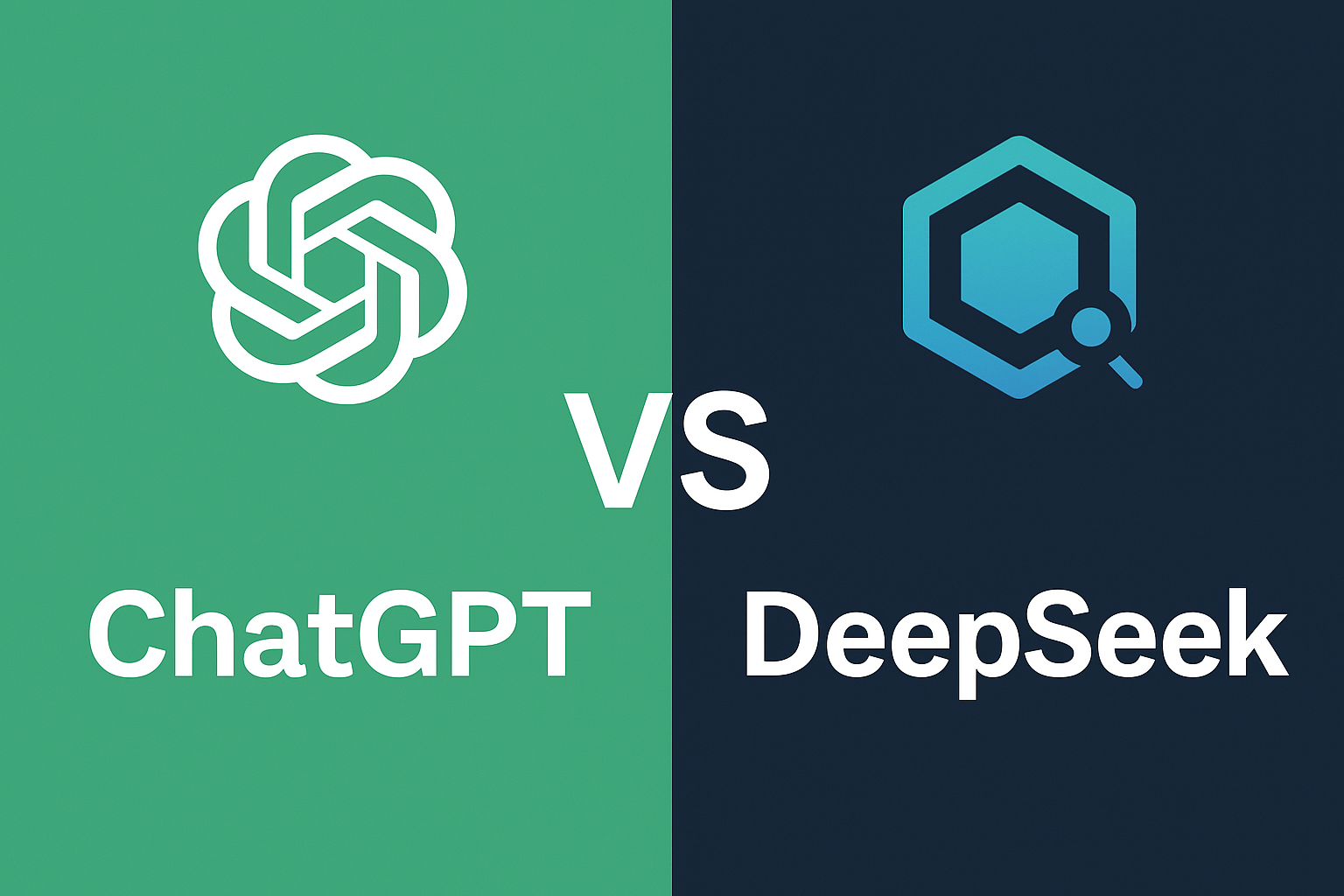How Next-Gen AI Will Reshape Our World: Real-World Impacts to Watch For
Introduction: Stepping into the Future with Next-Gen AI
Imagine a world where advanced artificial intelligence doesn't just support our daily tasks, but actively transforms the way we live, work, and interact. Next-generation AI technologies are on the horizon, promising to revolutionize every facet of our lives. From healthcare breakthroughs and smarter transportation systems to personalized education and business innovation, these cutting-edge developments are poised to reshape society in profound ways.
In this post, we’ll explore the real-world impacts you can expect from next-gen AI. We’ll discuss how these technologies will revolutionize key industries, enhance everyday life, and present both exciting opportunities and challenges as we navigate this transformative era.
Real-World Impacts Across Key Sectors
1. Healthcare: Personalized, Preventative, and Proactive
Next-gen AI will dramatically alter the landscape of healthcare, making it more efficient, personalized, and proactive.
-
Early Disease Detection and Diagnosis:
Advanced AI algorithms will analyze vast amounts of medical data, from genetic information to imaging scans, enabling early detection of diseases like cancer and cardiovascular conditions. This means treatments can be administered sooner, potentially saving countless lives. -
Personalized Treatment Plans:
AI will help tailor medical treatments to individual patients by analyzing their genetic profiles, lifestyle factors, and clinical data. This personalization will improve outcomes and reduce side effects. -
Remote Monitoring and Telemedicine:
With the integration of AI-powered wearables and remote sensors, doctors can monitor patients in real time, predict health issues before they become critical, and offer virtual consultations that are both timely and effective. -
Operational Efficiency:
AI-driven administrative systems will streamline hospital operations, reduce wait times, and optimize resource allocation, allowing healthcare providers to focus more on patient care.
2. Transportation: Safer, Smarter, and More Sustainable
The next wave of AI will redefine how we move from place to place, enhancing safety, efficiency, and sustainability in transportation.
-
Autonomous Vehicles:
Self-driving cars and trucks, powered by advanced AI, will reduce accidents, optimize traffic flow, and lower congestion. These vehicles will also enhance mobility for people unable to drive, such as the elderly or disabled. -
Dynamic Traffic Management:
AI systems will monitor and manage traffic in real time, adjusting signals and rerouting vehicles to alleviate congestion, reduce travel times, and cut down on emissions. -
Efficient Public Transit:
Next-gen AI will optimize public transportation networks, ensuring timely schedules and efficient route planning, making mass transit a more attractive option for commuters. -
Sustainability Initiatives:
By optimizing fuel usage and integrating with electric and alternative energy vehicles, AI will play a crucial role in reducing the environmental impact of transportation.
3. Education: Personalized Learning and Interactive Experiences
AI is set to revolutionize education, creating more personalized and engaging learning experiences for students of all ages.
-
Adaptive Learning Systems:
AI-driven platforms will assess each student’s strengths, weaknesses, and learning styles to deliver tailored educational content, ensuring that every student can progress at their own pace. -
Interactive Virtual Classrooms:
Next-gen AI will power virtual classrooms that incorporate immersive technologies like augmented reality (AR) and virtual reality (VR), making lessons more engaging and accessible regardless of location. -
Instant Feedback and Assessment:
Automated grading and real-time feedback systems will help teachers identify areas where students need additional support, while also freeing up time for more personalized instruction. -
Global Access to Education:
With AI-enabled translation and content adaptation, high-quality educational resources will be available in multiple languages, bridging educational gaps around the world.
4. Business and Workplace Efficiency: Streamlined Operations and Enhanced Decision-Making
In the business world, next-gen AI is set to drive productivity and innovation across industries.
-
Automated Administrative Tasks:
Routine tasks such as scheduling, data entry, and customer service will be handled by AI, freeing up human employees to focus on more strategic and creative work. -
Enhanced Data Analytics:
AI systems will analyze vast datasets in real time, providing actionable insights that drive smarter decision-making, from marketing strategies to supply chain management. -
Collaborative AI Tools:
AI-powered platforms will enhance collaboration across teams, providing real-time translation, document analysis, and project management tools that streamline workflows. -
Innovation in Product Development:
AI will assist in research and development, accelerating the design process and enabling the rapid prototyping of new products.
5. Daily Life: Smart Homes and Personalized Experiences
AI isn’t just transforming industries—it’s set to make everyday life more convenient, efficient, and enjoyable.
-
Smart Home Automation:
Autonomous AI agents will manage home environments, adjusting lighting, temperature, and security systems based on your preferences and routines. Imagine a home that anticipates your needs before you even voice them. -
Personal Assistants:
Virtual assistants powered by next-gen AI will handle your schedule, manage communications, and even provide personalized recommendations for entertainment, dining, and travel. -
Enhanced Entertainment:
From AI-curated music playlists and personalized movie recommendations to immersive gaming experiences, AI will enrich your leisure time with tailored content. -
Improved Accessibility:
AI-driven tools will offer enhanced accessibility features for people with disabilities, making technology more inclusive and user-friendly.
Technical Insights: The Power Behind Next-Gen AI
Advanced Machine Learning and Neural Networks
At the core of these transformative impacts are the latest advancements in machine learning and neural network architectures. These systems can process and analyze data at unprecedented speeds, continuously learning and evolving to meet new challenges.
-
Deep Learning Models:
The latest deep learning models can handle complex tasks by identifying patterns and making predictions based on large datasets. -
Real-Time Processing:
Enhanced computational capabilities allow AI systems to operate in real time, making instantaneous decisions and adjustments.
Natural Language Processing and Multimodal Integration
AI’s ability to understand and interact with humans is largely driven by advancements in natural language processing (NLP) and the integration of multiple data modalities.
-
Contextual Understanding:
Modern NLP algorithms can comprehend context, intent, and subtle nuances in language, enabling more natural and effective communication. -
Multimodal Data Fusion:
Combining text, images, audio, and sensor data, AI systems can generate richer, more comprehensive insights that drive smarter decisions and interactions.
Ethical Considerations and Data Security
As AI becomes more integrated into our lives, ensuring ethical use and robust data security is paramount.
-
Transparent Algorithms:
Efforts are underway to make AI decision-making processes more transparent and explainable. -
Privacy-First Approaches:
Advanced encryption and data protection techniques will safeguard personal information, ensuring that AI benefits society without compromising privacy.
Challenges and Future Opportunities
While the potential impacts of next-gen AI are vast, several challenges need to be addressed:
-
Job Displacement:
Automation may lead to job losses in certain sectors. However, it also opens up opportunities for new kinds of work and the need for upskilling. -
Bias and Fairness:
Ensuring that AI systems are free from bias and operate fairly is an ongoing challenge that requires continuous monitoring and adjustment. -
Regulatory and Ethical Frameworks:
As AI becomes more powerful, robust regulatory frameworks will be necessary to ensure ethical development and deployment.
Despite these challenges, the opportunities presented by next-gen AI are immense, and ongoing research and collaboration will help pave the way for a future where AI benefits all aspects of society.
Final Thoughts and Call-to-Action
Next-gen AI is poised to revolutionize our world, making everyday tasks simpler, our work more efficient, and our lives richer in every way. From transforming healthcare and transportation to reshaping education and personal living, the impacts of advanced AI will be felt across every sector of society.
I invite you to join the conversation about the future of AI. How do you envision next-gen AI impacting your life? Share your thoughts and ideas in the comments below, and stay tuned for more insights on cutting-edge technologies that are shaping our world.
If you enjoyed this post, please subscribe to our newsletter for regular updates on AI innovations, follow us on social media, and consider supporting our work by visiting buymeacoffee.com/karansinghjeena.
Let’s embrace the future together—where intelligent systems make our lives easier, safer, and more connected.




Comments
Post a Comment